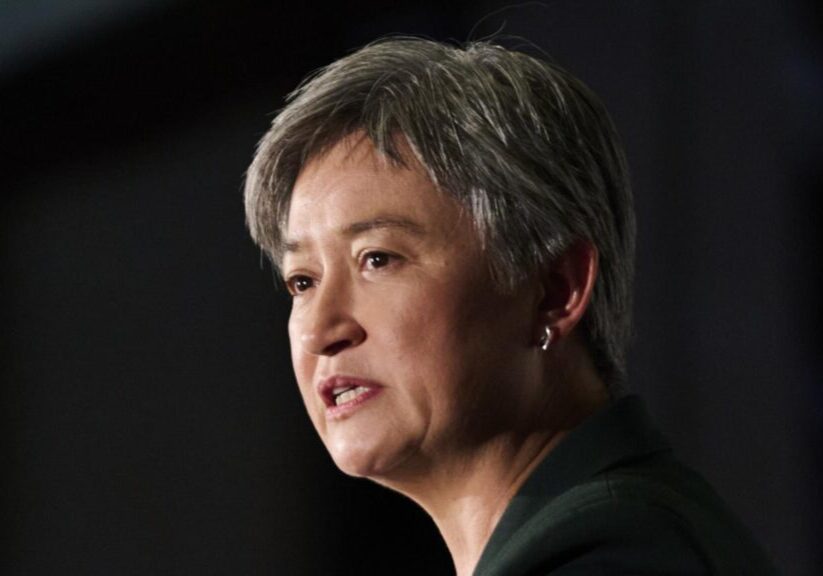IN THE MEDIA
White paper should tackle terrorist television
Mar 9, 2010 | Bren Carlill
Bren Carlill
The Australian, March 9, 2010
CONCERN about domestic radicalisation and home-grown terrorism is a big part of the government’s white paper on counter-terrorism released last week.
So why haven’t successive governments banned Hezbollah’s television station, al-Manar, from screening in Australia?
After all, al-Manar is all about radicalising its viewers.
The paper advises that Hezbollah has an Australian support base. It goes on to caution that “terrorist movements with a presence or support base in Australia could become willing to engage in operational activity here”.
This is no idle threat. US intelligence reports have stated that Hezbollah has cells in Europe, North and South America and Africa. The group has never constrained its actions to Israel and Lebanon, having carried out terrorist attacks in Argentina, Britain, France, Kuwait, Saudi Arabia and Spain, with numerous failed attempts in Asian countries.
Hezbollah established al-Manar in 1991. It has been glorifying terrorism and encouraging its viewers to follow the path of the “martyrs” who have gone before them since.
The station also regularly broadcasts anti-Jewish propaganda in sermons, miniseries and children’s shows.
The Australian Communications and Media Authority has an anti-terrorism standard by which it assesses whether any TV station crosses the line between free speech and raising money or recruits for terrorist groups.
The standard stipulates that TV providers must not directly recruit people or solicit funds for a terrorist organisation.
When al-Manar began broadcasting into Australia a few years ago, ACMA applied its anti-terrorism standard against its broadcasts.
However, even though al-Manar extensively praises Hezbollah, ACMA cleared it to keep on broadcasting since it doesn’t flash the phone number of Hezbollah’s recruitment office on the screen.
The problem lies with the anti-terrorism standard’s guidelines, which suggest that directly recruiting for a terrorist organisation means providing details on how to become members, and directly soliciting funds means providing bank account numbers.
This standard should be changed. Any TV station owned and-or operated by a terrorist organisation should be banned in Australia.
If our law enforcement agencies – and, in the case of al-Qaeda, our defence forces – are in battle against these terrorists, why should their terrorist-promoting, racist propaganda be allowed to beam into Australian homes?
It seems as if ACMA has recognised this problem. It recently announced a new investigation into al-Manar and suggested that, at its conclusion, it will determine whether its anti-terrorism standard will need to be changed.
But this is a weighty matter beyond the responsibility of the broadcasting authority.
It’s ultimately up to the government of the day to make this decision, a decision in line with existing Australian law.
The Australian criminal code states that any organisation that “directly or indirectly counsels or urges the doing of a terrorist act [or] directly praises the doing of a terrorist act in circumstances where there is a risk that such praise might have the effect of leading a person to engage in a terrorist act” will be proscribed by the Attorney-General.
Al-Manar has been doing this for years, but successive governments haven’t done anything about it.
France, Spain, Germany and the US have all banned al-Manar, resulting in eight satellite providers dropping it from their services. It can no longer be seen in North or South America, most of Africa or most of Europe.
Only the Middle East, Southeast Asia and Australia are subjected to its poisonous messages.
Whereas France cited the station’s gross anti-Semitism, Germany’s reason was the potential radicalisation of that country’s Muslims.
Sound familiar?
Al-Manar is a TV station that calls for terrorist actions, triumphs in violent jihad and martyrdom, revels in promoting overt racism and hopes to radicalise its Lebanese and international viewers in support of a terrorist organisation.
It needs to be banned.
Bren Carlill is an analyst at the Australia/Israel & Jewish Affairs Council.
Related: Bren Carlill speaks to Brisbane radio 4BC on the Terrorism White Paper (11 March 2010)
Tags: Antisemitism











